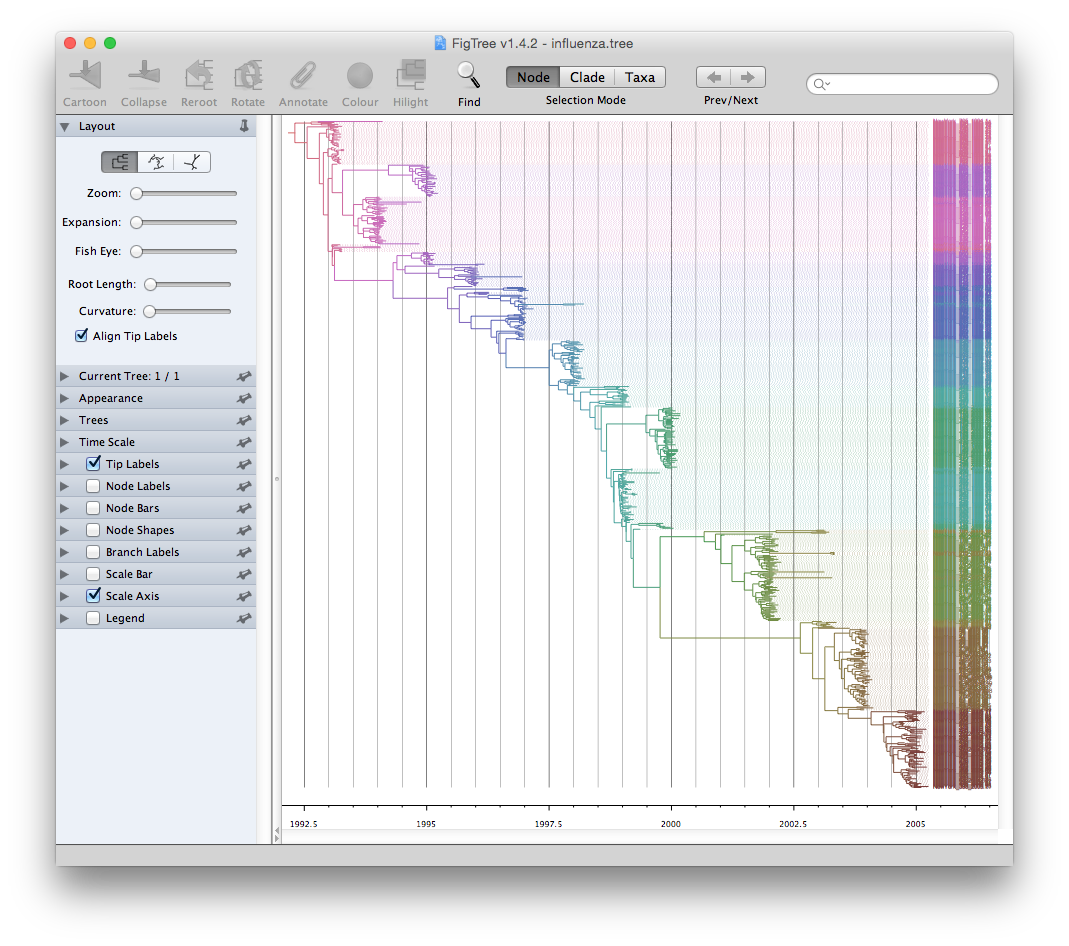clusterProfiler supports enrichment analysis of both hypergeometric test and gene set enrichment analysis. It internally supports Gene Ontology analysis of about 20 species, Kyoto Encyclopedia of Genes and Genomes (KEGG) with all species that have annotation available in KEGG database, DAVID annotation (only hypergeometric test supported), Disease Ontology and Network of Cancer Genes (via DOSE for human) and Reactome Pathway (via ReactomePA for several species). This is still not enough for users may want to analyze their data with unsupported organisms, slim version of GO, novel functional annotation (eg GO via blastgo and KEGG via KAAS), unsupported ontology/pathway or customized annotation.
clusterProfiler provides enricher function for hypergeometric test and GSEA function for gene set enrichment analysis that are designed to accept user defined annotation. They accept two additional parameters TERM2GENE and TERM2NAME. As indicated in the parameter names, TERM2GENE is a data.frame with first column of term ID and second column of corresponding mapped gene and TERM2NAME is a data.frame with first column of term ID and second column of corresponding term name. TERM2NAME is optional.





